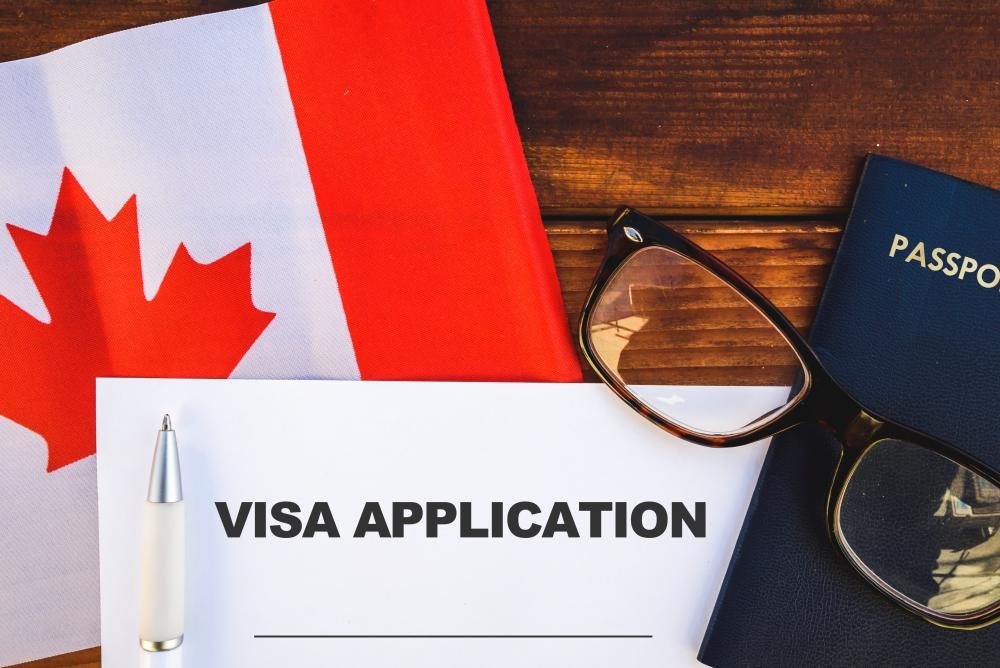Applying for a study visa to Canada is an exciting yet complex process, with one crucial aspect being the processing time. In this guide, we delve into the factors influencing the processing time for Canada study visas, including application volume, applicant’s country of residence, and the specific requirements of the visa application.
Understanding Canada Study Visa Processing Time
Definition and Importance
Canada study visa processing time refers to the duration taken by Canadian immigration authorities to assess and approve or deny a study visa application. Understanding the processing time is essential for applicants to plan their study abroad journey effectively and make necessary arrangements in advance.
Factors Influencing Processing Time
Several factors can influence the processing time for Canada study visas, including the volume of applications received, the complexity of the application, the applicant’s country of residence, and the time of year when the application is submitted.
Key Determinants of Processing Time
Application Volume
The volume of study visa applications received by Canadian immigration authorities can significantly impact processing times. During peak application periods, such as before the start of a new academic year, processing times may be longer due to the high influx of applications.
Complexity of Application
The complexity of the study visa application, including the completeness of documentation, accuracy of information provided, and adherence to visa requirements, can influence processing times. Incomplete or inaccurate applications may require additional time for assessment and verification.
Applicant’s Country of Residence
The applicant’s country of residence can also affect processing times, as visa processing times may vary depending on the workload and capacity of Canadian visa offices or processing centers in different countries.
Time of Year
The time of year when the study visa application is submitted can impact processing times. Applications submitted during peak periods, such as before the start of a new academic semester, may experience longer processing times compared to off-peak periods.
Understanding Average Processing Times
General Processing Time Guidelines
While Canadian immigration authorities provide general processing time guidelines for study visa applications, actual processing times may vary depending on individual circumstances and external factors. It is essential for applicants to monitor their application status regularly and be prepared for possible delays.
Variability Across Countries
Processing times for Canada study visas can vary significantly across different countries and regions. Factors such as the volume of applications, local processing capacity, and diplomatic relations may influence processing times in specific countries.
Tips for Expedited Processing
Submitting a Complete Application
Ensuring that the study visa application is complete, accurate, and includes all required documentation can expedite the processing time. Incomplete applications may be returned or delayed for additional information, prolonging the overall processing time.
Providing Additional Supporting Documents
Including additional supporting documents, such as proof of financial means, acceptance letter from a Canadian educational institution, and travel itinerary, can help demonstrate the applicant’s genuine intention to study in Canada and expedite the processing time.
Communicating with Immigration Authorities
Maintaining open communication with Canadian immigration authorities and promptly responding to any requests for additional information or clarification can help expedite the processing time. Applicants should monitor their application status online and follow up if necessary.
Conclusion
Understanding the processing time for Canada study visas is crucial for prospective international students planning to pursue education in Canada. By considering the factors influencing processing times, monitoring application status, and following the tips for expedited processing outlined in this guide, applicants can navigate the study visa application process with confidence and ensure a smooth transition to studying in Canada.
